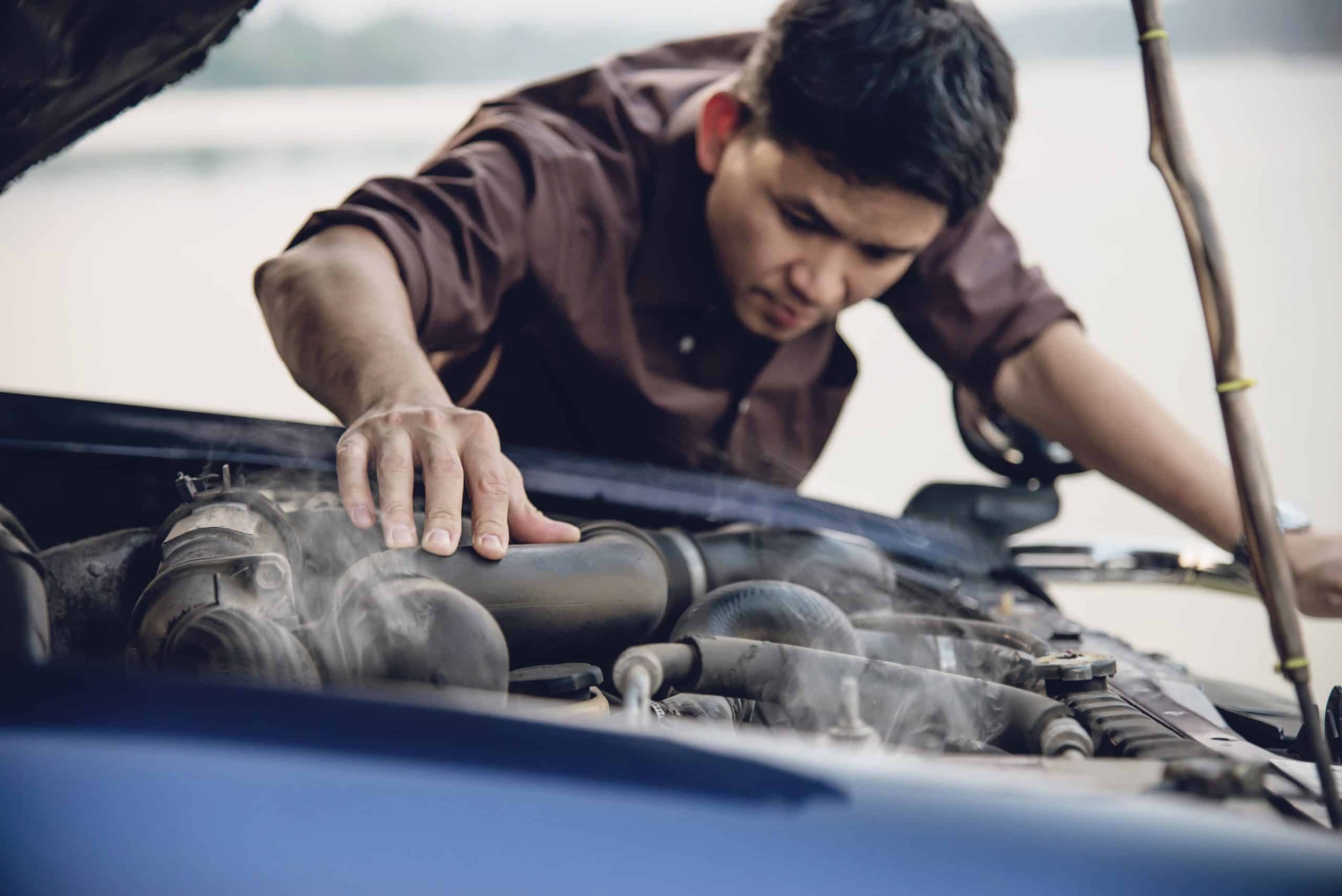
10 Common Causes of Engine Overheating
Engine overheating is a common issue that many vehicle owners may encounter at some point. Understanding the potential causes of engine overheating is essential for proper maintenance and prevention of costly repairs. In this article, we will explore 10 reasons an engine may overheat.
- Low Coolant Level: A low coolant level is one of the most frequent causes of engine overheating. Coolant, commonly referred to as antifreeze, is crucial for controlling the engine’s temperature. If the coolant level is too low or there is a coolant leak, the engine won’t be adequately cooled, causing it to overheat.
- Malfunctioning Thermostat: The thermostat plays a crucial role in regulating the flow of coolant through the engine. A faulty thermostat that is stuck closed can prevent the coolant from circulating properly, causing the engine to overheat.
- Cooling System Blockage: Blockages in the cooling system, such as in the radiator or hoses, can impede the flow of coolant and prevent heat dissipation. Debris, dirt, or even a buildup of sediments can lead to blockages and ultimately engine overheating.
- Cooling Fan Issues: The cooling fan helps to maintain airflow through the radiator, assisting in the cooling process. If the cooling fan malfunctions or fails to operate effectively, the engine may overheat due to poor heat dissipation.
- Water Pump Failure: The water pump is responsible for circulating coolant throughout the engine. If the water pump fails or becomes worn out, the coolant may not circulate correctly, leading to overheating.
- Broken Radiator Hose: Radiator hoses carry coolant to and from the radiator. A cracked or damaged radiator hose can result in coolant leaks, causing a drop in coolant levels and ultimately engine overheating.
- Clogged Radiator: Over time, debris, dirt, and other contaminants can accumulate in the radiator, leading to clogs that hinder the proper flow of coolant. A clogged radiator restricts heat dissipation, resulting in engine overheating.
- Faulty Radiator Cap: The radiator cap seals the cooling system and maintains the proper pressure within the system. A faulty radiator cap can cause coolant leaks and disrupt the cooling process, potentially leading to engine overheating.
- Engine Timing Problems: Incorrect engine timing can cause the engine to work harder than necessary, generating excess heat and leading to overheating. Address engine timing issues promptly to prevent overheating and potential engine damage.
- Extreme Weather Conditions: High temperatures or prolonged use of a vehicle in hot weather can also contribute to engine overheating. In extreme weather conditions, the cooling system may struggle to dissipate heat efficiently, resulting in overheating.
In conclusion, understanding the common causes of engine overheating is crucial for maintaining the health and performance of your vehicle. Regular maintenance, including checking coolant levels, inspecting cooling system components, and addressing any issues promptly, can help prevent engine overheating and costly repairs. By being aware of these common causes and taking proactive measures, you can ensure that your engine runs smoothly and efficiently for years. Visit the CarPlus.pk blog for valuable information about your vehicles and find a wide range of car accessories at the best online prices.

